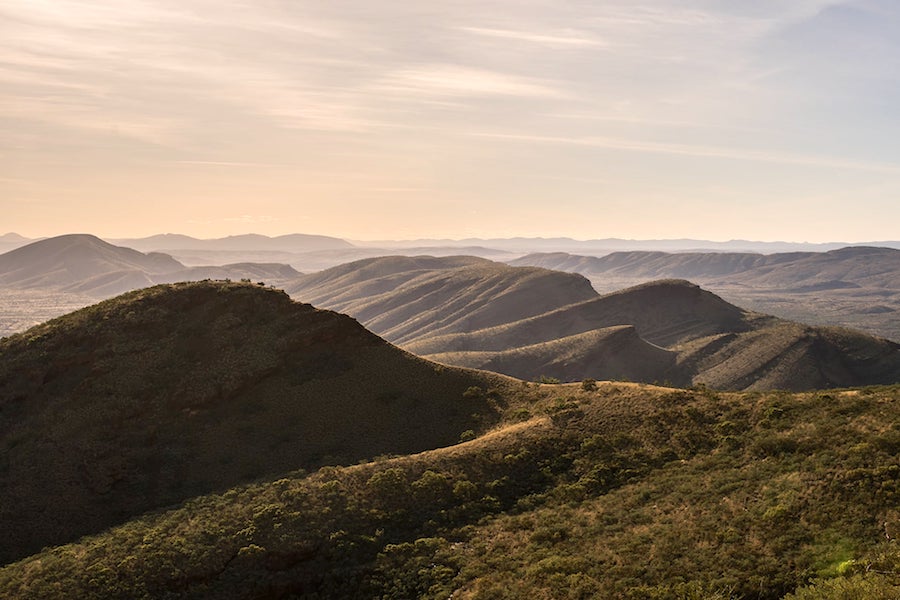
Aboriginal elders have walked off a heritage survey on a Rio Tinto iron ore project in Western Australia over concerns the global miner has played down the harm it caused them after blasting impacted an Indigenous rock shelter in August.
Rio Tinto conducted a visit to the Nammuldi site last weekend with representatives of the Muntulgura Guruma people after a blast on Aug. 6 led to the fall of a Pilbara scrub tree and one square metre of rock from the overhang of a rock shelter estimated to have been inhabited over 40,000-50,000 years.
“Assessments found no structural damage to the rock shelter itself, and no damage to cultural materials,” Cecile Thaxter, a Rio Tinto vice president, said in a webcast on Monday. “We will learn from this incident, including modifying our practices if deemed appropriate.”
There has been much less public outrage about this incident compared to three years ago, when Rio Tinto destroyed rock shelters at Juukan Gorge in the same region which had showed evidence of human habitation stretching back 46,000 years.
But reflecting the deep concern of traditional owners over Rio’s handling of the latest incident, Muntulgura Guruma elders halted the survey on its Brockman Syncline project – needed for the world’s biggest iron ore miner to sustain its output.
“Rio were very quick to tell their investors that they had caused no impacts to our heritage but failed to accommodate our views again,” said Dawn Hughes, a director of the Wintawari Guruma Aboriginal Corporation (WGAC), which represents the Muntulgura Guruma.
“We asked Rio in 2016 to adequately protect this site but they did not,” she said in a statement to Reuters.
A Rio Tinto spokesman did not immediately respond to a request for comment.
Rio Tinto, which did not make a public statement for seven weeks after the blast, has said it was sorry, and that it had taken steps to inform appropriate parties and reformed its practices since Juukan. This was the first time in more than 1,800 blasts that it had detected such a disturbance, it said.
“We are extremely concerned to learn that 87 of our rock shelter sites are subject to blast management. What condition are they in? How many others have been impacted?” said Hughes, adding that traditional owners have no input or oversight of the blasts.
The dispute comes as investors and automakers are increasingly scrutinising human rights and heritage protection in their assessments of Australian mines.
Rio’s destruction of rock shelters at Juukan Gorge in 2020 prompted a global outcry, the departure of top executives and a parliamentary enquiry that recommended an overhaul of Australia’s Aboriginal heritage protection laws.
However, Western Australia is set to overturn its 2021 Aboriginal cultural heritage protection laws, introduced on July 1, due to opposition from landowners.
The latest incident comes amid fading support for a referendum on Oct. 14 that would recognize Indigenous people in Australia’s constitution and set up an Indigenous body to advise the government on issues that impact Aboriginal people.
(By Melanie Burton; Editing by Sonali Paul)
Comments